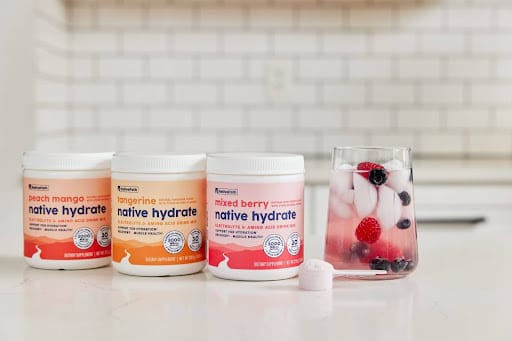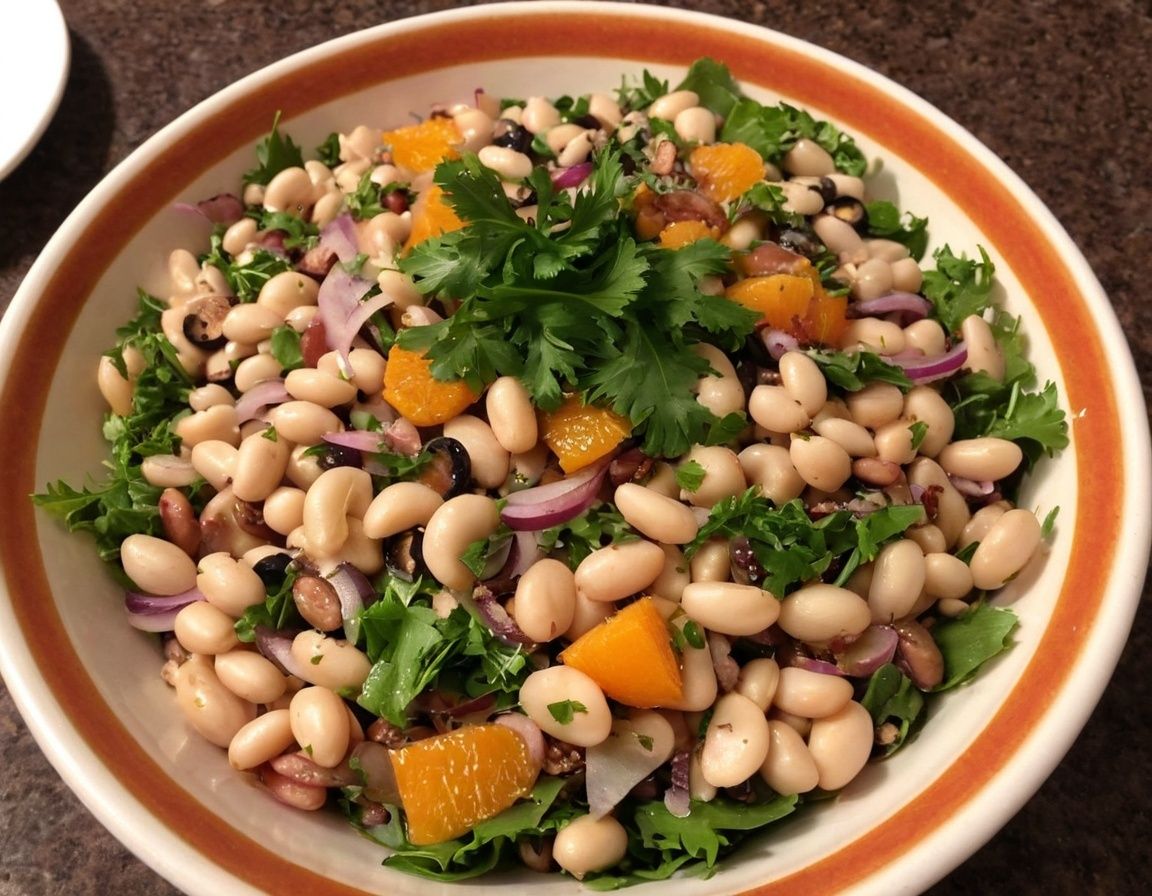We make thousands of health choices every day, mostly without thinking about them, because they’re something we either never considered, or else considered once and copied that decision forwards.
But: every such health choice acted on either improves or worsens our health, and all those add up (and often, compound) over time.
What can you do today to tip the scales in favor of your good health, and how can you do things even just 1% more healthily each day?
Small, incremental, cumulative changes are where life-altering changes come from—for good or for ill.
In A Rush?
Today’s 30-Second Summary
If you don’t have time to read the whole email today, here are some key takeaways:
Rapamycin is an astonishing wonderdrug that may slow human aging, increasing lifespan (and healthspan) considerably, as well as fighting/preventing certain kinds of cancer.
Today’s main feature examines the current state of the science, and what’s currently stopping it from enjoying widespread use—including its immunosuppressant properties and sex-specificity.
How’s your hydration looking? For most people, at any given time, it’s not great. But it doesn’t have to be that way!
Today's sponsor NativePath is offering a 365-day money-back guarantee on their range of electrolyte and amino acid drink mixes, which are great for your kidneys, bladder, and pelvic floor muscles.
Today’s featured recipe is for a “Yes I Can” salad, and it answers the question of “can I make a healthy and tasty salad out of what I have in?”, regardless of what you have in your fridge (you just need a well-stocked pantry).
Read on to learn more about these things, or click here to visit our archive
A Word To The Wise
Daily Antihistamines
Can we take antihistamines every day? More than the recommended dose? What if we’re pregnant? Here’s what the research says:
Watch and Learn
21% Stronger Bones in a Year at 62? Yes, It's Possible (No Calcium Supplements Needed!)
Sachiaki Takamiya explains the Blue Zones’ secrets—with numbers:
Prefer text? The above video will take you to a 10almonds page with a text-overview, as well as the video!
Research Review Monday
Rapamycin’s Pros & Cons
Rapamycin is generally heralded as a wonderdrug that (according to best evidence so far) can slow down aging, potentially adding decades to human lifespan—and yes, healthspan.
It comes from a kind of soil bacteria, which in turn comes from the island of Rapa Nui (a Chilean territory best known for its monumental moai statues), hence the name rapamycin.
Does it work?
Yes! Probably! With catches!
Like most drugs that are tested for longevity-inducing properties, research in humans is very slow. Of course for drugs in general, they must go through in vitro and in vivo animal testing first before they can progress to human randomized clinical trials, but for longevity-inducing drugs, it’s tricky to even test in humans, without waiting entire human lifetimes for the results.
Nevertheless, mouse studies are promising:
(“Easter Island” is another name given to the island of Rapa Nui)
That’s not a keysmash in the middle there, it’s a reference to rapamycin’s inhibitory effect on the kinase mechanistic target of rapamycin, sometimes called the mammalian target of rapamycin, and either way generally abbreviated to “mTOR”—also known as “FK506-binding protein 12-rapamycin-associated protein 1” or “FRAP1” to its friends, but we’re going to stick with “mTOR”.
What’s relevant about this is that mTOR regulates cell growth, cell proliferation, cell motility, cell survival, protein synthesis, autophagy, and transcription.
Don’t those words usually get associated with cancer?
They do indeed! Rapamycin and its analogs have well-demonstrated anti-cancer potential:
❝Rapamycin, the naturally occurring inhibitor of mTOR, along with a number of recently developed rapamycin analogs (rapalogs) consisting of synthetically derived compounds containing minor chemical modifications to the parent structure, inhibit the growth of cell lines derived from multiple tumor types in vitro, and tumor models in vivo.
Results from clinical trials indicate that the rapalogs may be useful for the treatment of subsets of certain types of cancer.❞
…and as such, gets used sometimes as an anticancer drug—especially against renal cancer. See also:
What’s the catch?
Aside from the fact that its longevity-inducing effects are not yet proven in humans, the mouse models find its longevity effects to be sex-specific, extending the life of male mice but not female ones:
One hypothesis about this is that it may have at least partially to do with rapamycin’s immunomodulatory effect, bearing in mind that estrogen is immune-enhancing and testosterone is immunosuppressant.
And rapamycin? That’s another catch: it is an immunosuppressant.
This goes in rapamycin’s favor for its use to avoiding rejection when it comes to some transplants (most notably including for kidneys), though the very same immunosuppressant effect is a reason it is contraindicated for certain other transplants (such as in liver or lung transplants), where it can lead to an unacceptable increase in risk of lymphoma and other malignancies:
(Sirolimus is another name for rapamycin, and Rapamune is a brand name)
What does this mean for the future?
Researchers think that rapamycin may be able to extend human lifespan to a more comfortable 120–125 years, but acknowledge there’s quite a jump to get there from the current mouse studies, and given the current drawbacks of sex-specificity and immunosuppression:
Noteworthily, rapamycin has also shown promise in simultaneously staving off certain diseases associated most strongly with aging, including Alzheimer’s and cardiac disease—or even, starting earlier, to delay menopause, in turn kicking back everything else that has an uptick in risk peri- or post-menopause:
👆 an upcoming study whose results are thus not yet published, but this is to give an idea of where research is currently at. See also:
Where can I try it?
Not from Amazon, that’s for sure!
It’s still tightly regulated, but you can speak with your physician, especially if you are at risk of cancer, especially if kidney cancer, about potentially being prescribed it as a preventative—they will be able to advise about safety and applicability in your personal case.
Alternatively, you can try getting your name on the list for upcoming studies, like the one above. ClinicalTrials.gov is a great place to watch out for those.
Meanwhile, take care!
Our Sponsors Make This Publication Possible
Don't drink more... Drink smarter!
You've probably heard that the human body is about 60% water.
That was true... In our 20s, anyway. By the age of 50, the average is more like 51.5%, and that number continues to drop as we get older.
But it doesn't have to be that way.
NativePath is offering an optimized blend of electrolytes and amino acids, that has been shown to reduce UTIs by 58%, improve muscle strength by 36%, and yes, that includes strengthening the bladder!
In short: you don't have to drink more, if you drink smarter.
Best of all, there's a 365-day money-back guarantee, so there's no reason not to try it out and see if you like it:
Please do visit our sponsors—they help keep 10almonds free
This Or That?
Vote on Which is Healthier
Yesterday we asked you to choose between coconut milk and soy milk—we picked the soy milk (click here to read about why), as did 39% of you!
Now for today’s choice:
Click on whichever you think is better for you!
Recipes Worth Sharing
The “Yes I Can” Salad
Sometimes, we are given to ask ourselves: "Can I produce a healthy and tasty salad out of what I have in?" and today we show how, with a well-stocked pantry, the answer is "yes I can", regardless of what is (or isn't) in the fridge:
Click below for our full recipe, and learn its secrets:
One-Minute Book Review
The Sprout Book: Tap into the Power of the Planet's Most Nutritious Food – by Doug Evans
Sprouting seeds are more nutritious than most people think, and “seeds” is also a much broader category than people think. Beyond even chia and sunflower and such, this book bids us remember that onions do not just appear on supermarket shelves fully formed (to give just one example of many); most plants come from seeds and of those, most can be usefully sprouted.
The author, most well-known for his tech companies, here is selling us a very low-tech health kick with very little profit to be found except for our health. By sprouting seeds of many kinds at home, we can enjoy powerful superfoods that are not only better than, but also cheaper than, most supplements.
Nor are the benefits of sprouting things marginal; we’re not talking about a 1–10% increase in bioavailable so much as what’s often a 100–1000% increase.
After explaining the science and giving a primer on sprouting things for oneself, there is a wide selection of recipes, but the biggest benefit of the book is in just getting the reader up-and-running with at-home sprouting.
Bottom line: if you like the idea of letting food be your medicine and even like the idea of essentially growing your own food with zero gardening skills, then this is an excellent book for you.
Penny For Your Thoughts?
What did you think of today's newsletter?
Wishing you the very most well-informed start to the week,
The 10almonds Team









